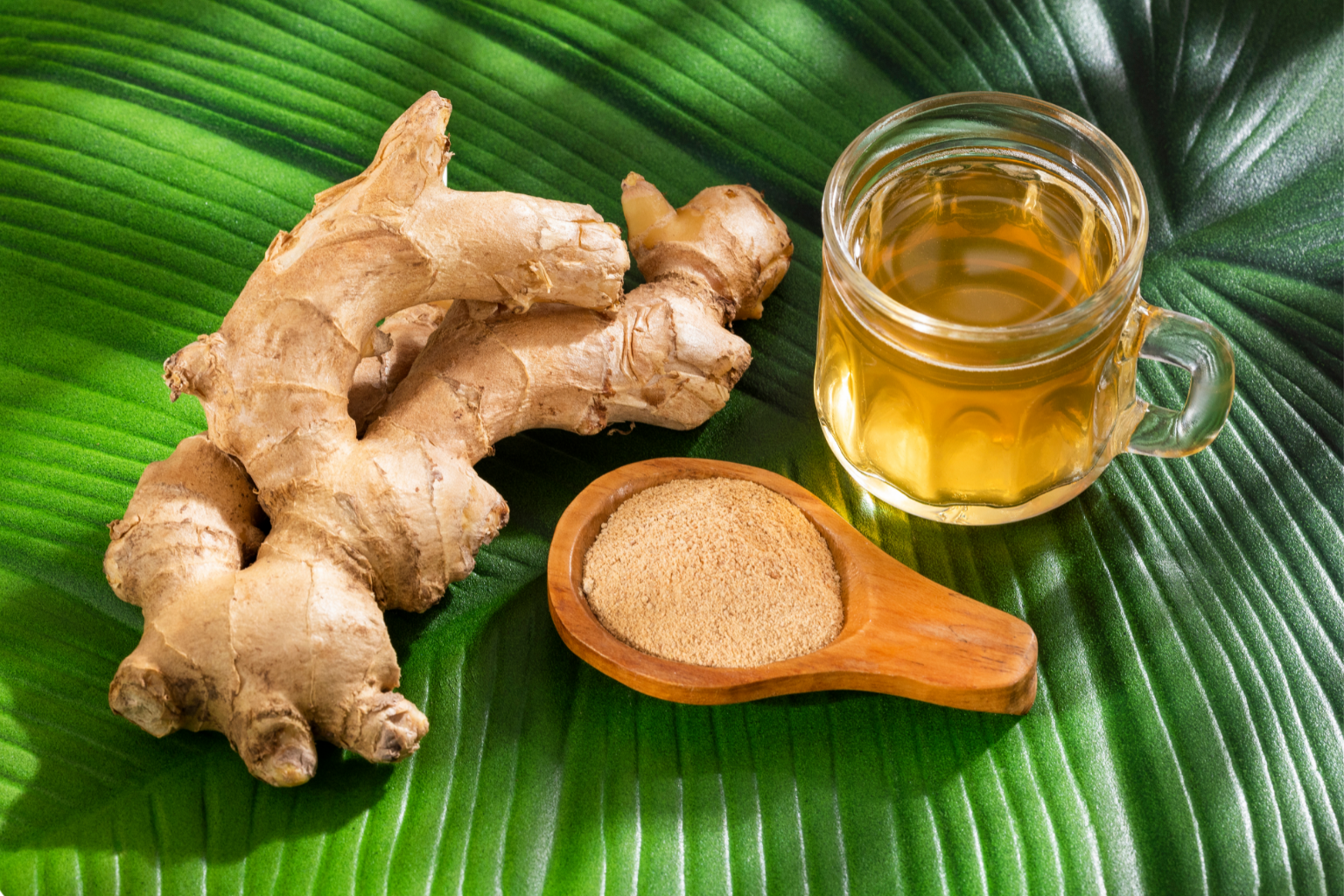Spices as Natural Anti-Inflammatory Agents
Health | April 15, 2025

Inflammation is the body’s natural response to injury, infection, or harmful stimuli. It serves as a defense mechanism designed to remove harmful agents and begin the healing process. While acute inflammation is beneficial and part of the body’s immune system, chronic inflammation is a different story. When inflammation persists over time, even without an immediate threat, it can contribute to the development of many serious health problems—including arthritis, heart disease, type 2 diabetes, Alzheimer’s disease, and certain cancers.
In recent decades, medical researchers and nutritionists have taken a closer look at the role of diet and natural substances in managing inflammation. Among the most promising natural agents are spices—many of which have been used for centuries in traditional medicine systems such as Ayurveda, Traditional Chinese Medicine, and Jamu (Indonesia's traditional herbal medicine). These spices are rich in bioactive compounds that exhibit anti-inflammatory, antioxidant, and immune-modulating effects.
What makes spices especially valuable is their dual function: they enhance the flavor of food while also promoting health. Unlike synthetic drugs, which often target a single pathway, the compounds in spices tend to act on multiple biological processes, making them gentle yet effective over the long term. Moreover, they are accessible, affordable, and easy to incorporate into daily meals. This article highlights some of the most powerful anti-inflammatory spices—backed by scientific research—and explores how they can be used to support overall health and reduce inflammation naturally.
One of the most well-known anti-inflammatory spices is turmeric (Curcuma longa), which contains curcumin—a compound with strong anti-inflammatory and antioxidant properties. Curcumin works by inhibiting several molecules that play a role in inflammation, such as NF-kB, COX-2, and TNF-α. However, curcumin is poorly absorbed on its own, which is why it’s often paired with black pepper (Piper nigrum), containing piperine that significantly enhances its absorption and bioavailability. Studies have shown that curcumin can be as effective as ibuprofen in relieving pain from conditions like osteoarthritis.
Ginger (Zingiber officinale) is another widely used spice known for its anti-inflammatory effects. It contains compounds such as gingerols and shogaols that interact with inflammatory pathways and reduce markers like CRP and IL-6. Ginger is especially helpful for reducing muscle soreness, joint pain, menstrual discomfort, and inflammation in the digestive system. Clinical reviews have confirmed that ginger supplementation can result in significant reductions in inflammatory markers.
Cinnamon (Cinnamomum verum or Cinnamomum cassia) also contributes to inflammation control, primarily through its active compounds cinnamaldehyde and eugenol. These help lower levels of pro-inflammatory cytokines and reduce oxidative stress in the body. In addition to its anti-inflammatory effects, cinnamon helps regulate blood sugar, which is essential because elevated glucose levels can worsen chronic inflammation.
Next, we have clove (Syzygium aromaticum), which is rich in eugenol—a compound well-known for its analgesic and anti-inflammatory effects. Eugenol works by blocking the activity of COX enzymes, similar to how some anti-inflammatory drugs operate. Cloves are commonly used to relieve toothaches and gum inflammation, but studies also support their potential in reducing systemic inflammation.
Black pepper, in addition to enhancing the bioavailability of curcumin, also contributes its own anti-inflammatory action through piperine. Piperine has been shown to suppress the production of inflammatory mediators and protect against oxidative stress. Its combination with other spices, particularly turmeric, creates a powerful synergy that boosts the overall anti-inflammatory effect.
In conclusion, spices have long been used not only to flavor food but also to treat illness and promote wellness. With modern research confirming their anti-inflammatory properties, incorporating spices like turmeric, ginger, cinnamon, clove, and black pepper into your daily meals can be a simple and effective way to support long-term health. While spices are not a substitute for medical treatment, they are safe, natural allies in reducing inflammation and preventing chronic disease. As always, individuals with health conditions or those taking medication should consult with healthcare providers before using high doses of spice supplements.
